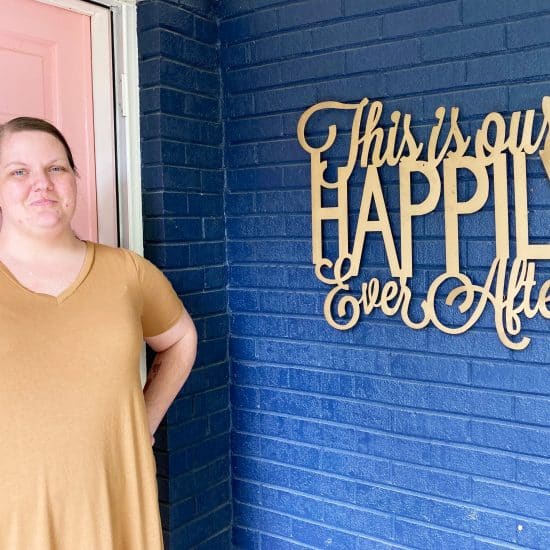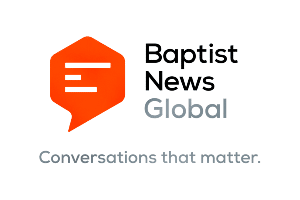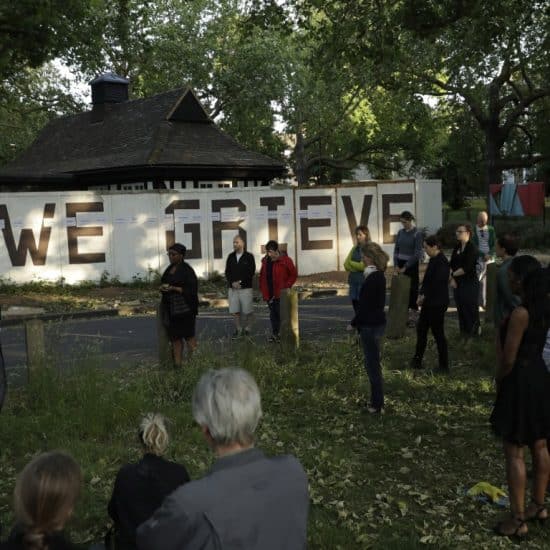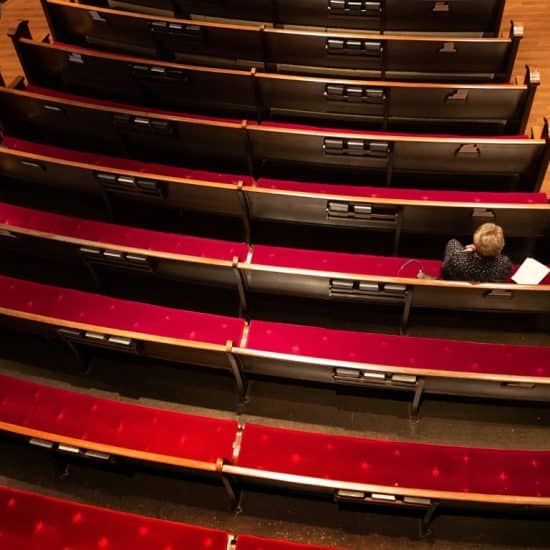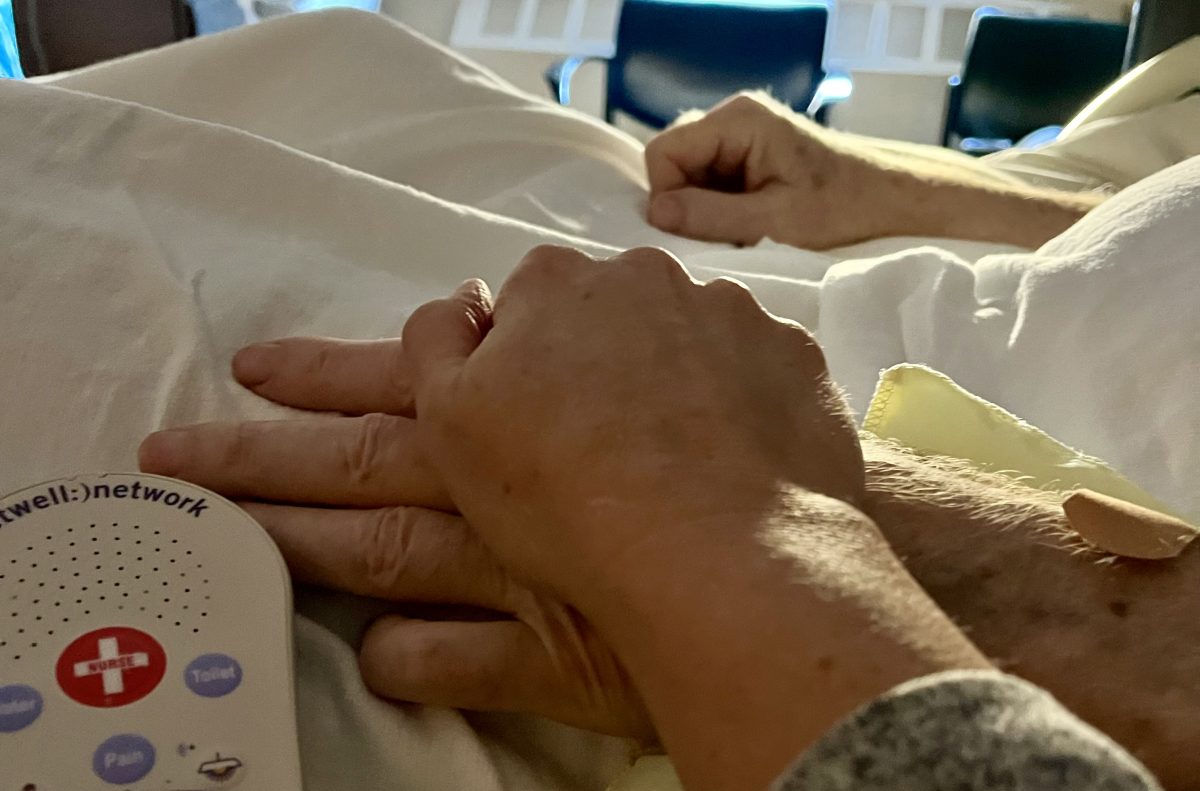
Earlier this summer, my dad’s heart stopped for over an hour. None of us were shocked by this, however, as it was an intentional stoppage to replace a damaged heart valve. As the surgeon worked away, he was kept alive by a heart-lung bypass machine — a true marvel of science. When the heart-lung machine first debuted in 1939, historian Ben Seals recounts that surgeons were both hesitant and amazed, comparing it to something from a Jules Verne novel. I can only imagine the teenage Cecelia Bavolek sitting in the office of Dr. Jack Gibbon as he described the machine that would keep her alive while he stopped her heart. To be the first to survive this type of miraculous scientific feat is a true mark of courage. Even Dr. Gibbon continued to have a healthy fear of the machine and worried about the proliferation of its use.
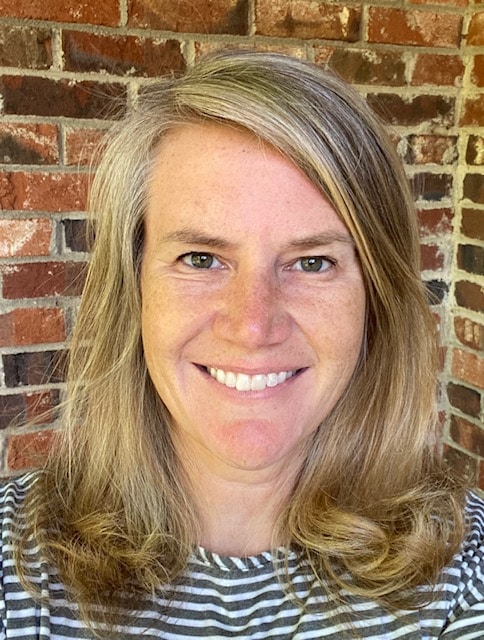
Sarah Blackwell
As my dad prepared for the surgery, I got to thinking about what it meant to have part of our heart removed and new parts put in. Can you imagine explaining this process to our ancestors? Not only would the science confound, but the very understanding of what a heart was and did would completely change their worldview. There is some early evidence as far back as the Epic of Gilgamesh that people understood that the heart had a pulse and without a pulse there was no life. The Bible recounts in 1 Samuel 25 Nabal’s heart “dying with in him” and “becoming like stone.” What differs from our understanding today is the role that emotion played in defining the work of the heart.
The ancient Israelites, as well as the Greeks, saw the heart as the center of feeling. Vincent Michael Figueredo writes in his article “The Ancient Heart: what the Heart Meant to Our Ancestors” that the Greeks described both the psyche (the eternal soul within the brain) and the thymos (emotions controlled by the heart). The heart was something that could be emotionally broken, leading to great sadness, as in Psalm 147:3: “He heals the brokenhearted and binds up their wounds.” The New Testament references “heart” over 100 times; early Christians (as well as philosophers like Aristotle) believed the heart to contain the soul and drive both physical and mental capabilities. The heart was so much more back then than a pump that kept blood circulating through the body. In Proverbs 4:23, we are told to “guard your heart, for everything you do flows from it” (NRSV). Throughout the biblical text, the heart was simply how we connected with God.
How would these people understand what my dad had undergone? A removal of part of the soul? Would part of the bovine soul be pieced into his with the addition of the replacement valve? Would he fundamentally be a different person? Would he lose his connection point to God?
It is not hard to understand why the ancients believed that the heart was the center of emotion. We have all felt the swell of our hearts in a moment of jubilation or the racing of our pulse in new love. We have felt sorrow as if our heart muscle was gripped tightly in the hand of some invisible giant. We have felt the calm that can only be described as the peace that passes understanding. My own anxiety comes out in a spot just above my heart muscle that I often mindlessly rub when consumed by some fear. A family member once noticed it one day and remarked that they have the same spot that flares up from time to time. Our heart does seem to sense things in a profound way beyond what our brains know its capabilities to be.
And so, knowing in my mind that the heart is not necessarily where our emotions develop, I still lived in the liminal space between modern science and faith understanding. I prayed for God literally to mend my dad’s broken heart knowing its vital function in circulation. At the same time, I prayed his emotional center would remain intact. The best news I got from my sister soon after the surgery was that Dad was already joking around with the nurses. I then knew the “heart” of my dad was okay in both senses of the word.
***
When I first started writing this reflection, this is where it initially ended. Heart broken. Heart mended. However, I kept having trouble getting the words exactly how I wanted them and pushed off sending it out. Within a few short weeks, I would know why. The story was not over.
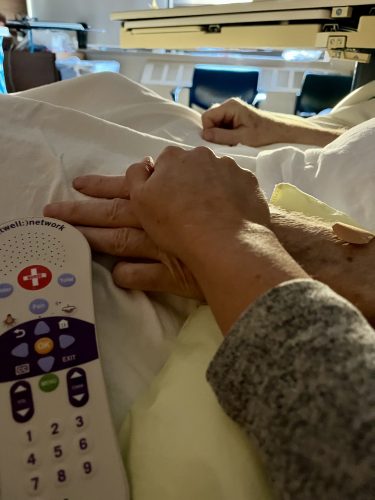
Sarah and her father John holding hands
Out of nowhere, the true one to be afraid of emerged: biliary cancer. As we were focused on the mending of his heart, already this danger was spreading through my dad’s liver and spine. It was like reading a murder mystery where your attention is focused on one character who seems so dangerous and sinister, only to have the killer turn out to be the one lurking in the shadows that you never suspected. We were all caught off guard, a tilting off-kilter that shocked our hearts more than any defibrillator could.
There were anxious cross-country flights wondering if I would make it there in time to say goodbye, tears shed in airplanes and rental cars, and hospital bedside good-byes that involved few words but a lot of hand-holding. Now, there was a new heart pain. This one was not from something fundamentally wrong with the anatomy of all our hearts, but rather the emotional pain that the ancient Israelites cried out for mending. In days, it was over. We were all now the broken-hearted.
A few days ago, amid my grief, a friend sent me the verse, “The LORD is close to the brokenhearted and saves those who are crushed in spirit” (Psalm 34:18). It was a reminder and inspiration to me to finish writing these difficult words because together, in faith families, we must be God’s agents in being close to those whose hearts need mending. We are called to walk the hard path of healing together, even if it is like those painfully slow, inch-by-inch walks I took with my dad post-surgery earlier this summer.
There is so much hurt in the world and so many who suffer alone. We need to be living in communities that hold our hearts gently as they slowly mend. There will be scars, for no hole can ever disappear completely, but hopefully, they will remind us as much of the ways we were cared for as the pain that first caused them. So today, I am forgetting that my heart is just a muscle that pumps blood around my body and letting it simply be broken in grief.
In loving memory of John D. Blosser
March 23, 1950 – September 6, 2024
Sarah Blackwell is a contributing writer at Word&Way and a graduate of the Gardner-Webb School of Divinity. She teaches in the Religion and Philosophy Department at Wingate University and is a D.Min. student at McAfee School of Theology. Her intergenerational faith formation book, God is Here is available through Amazon and other online book retailers. Follow her writings at www.proximitytolove.org.


